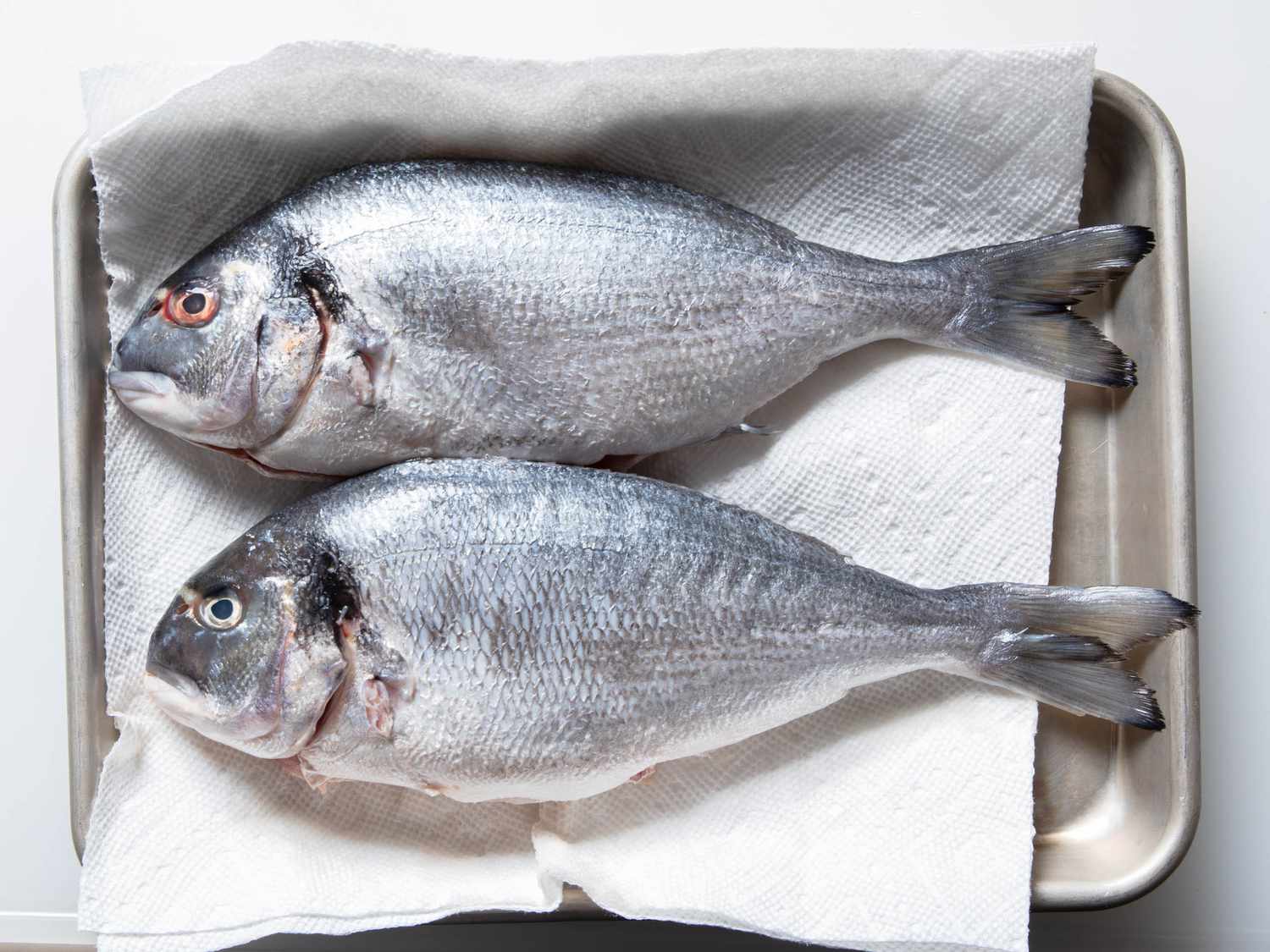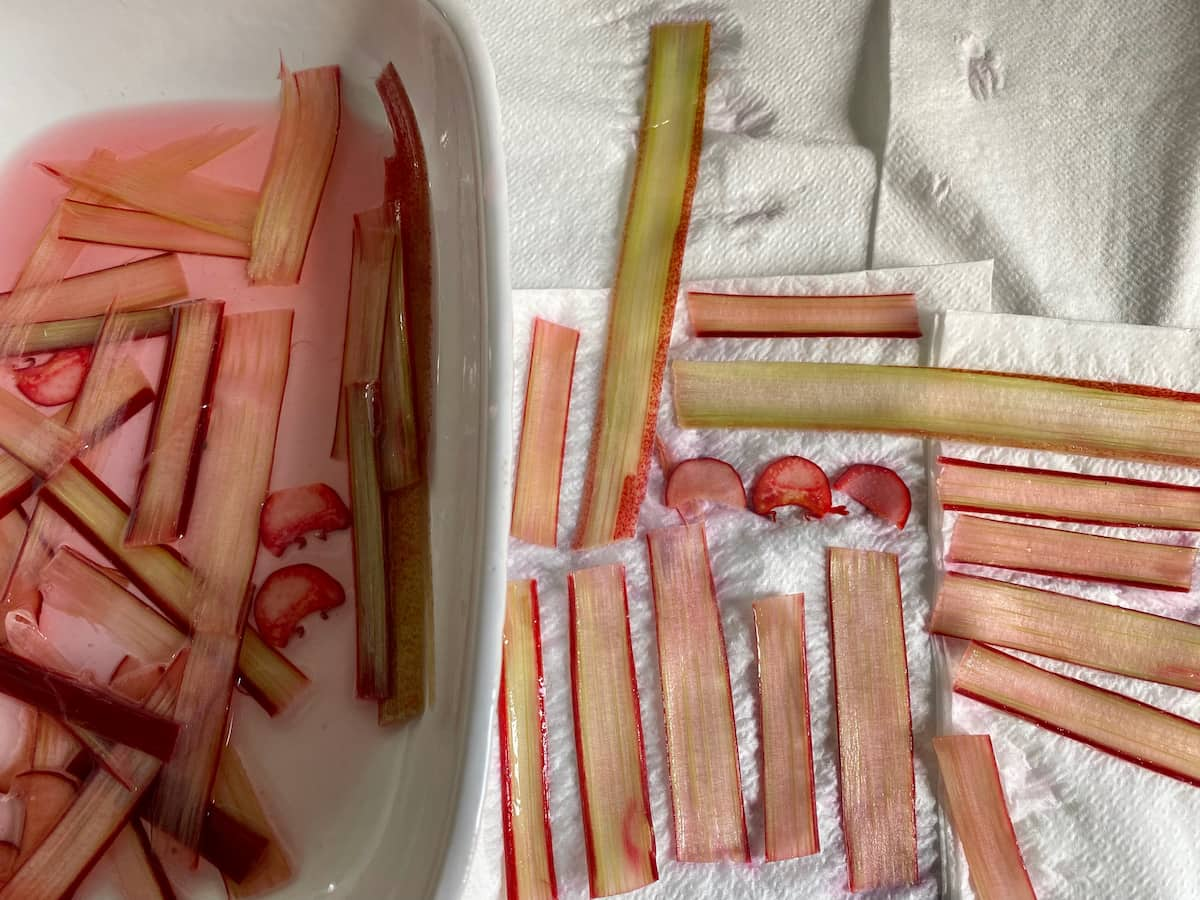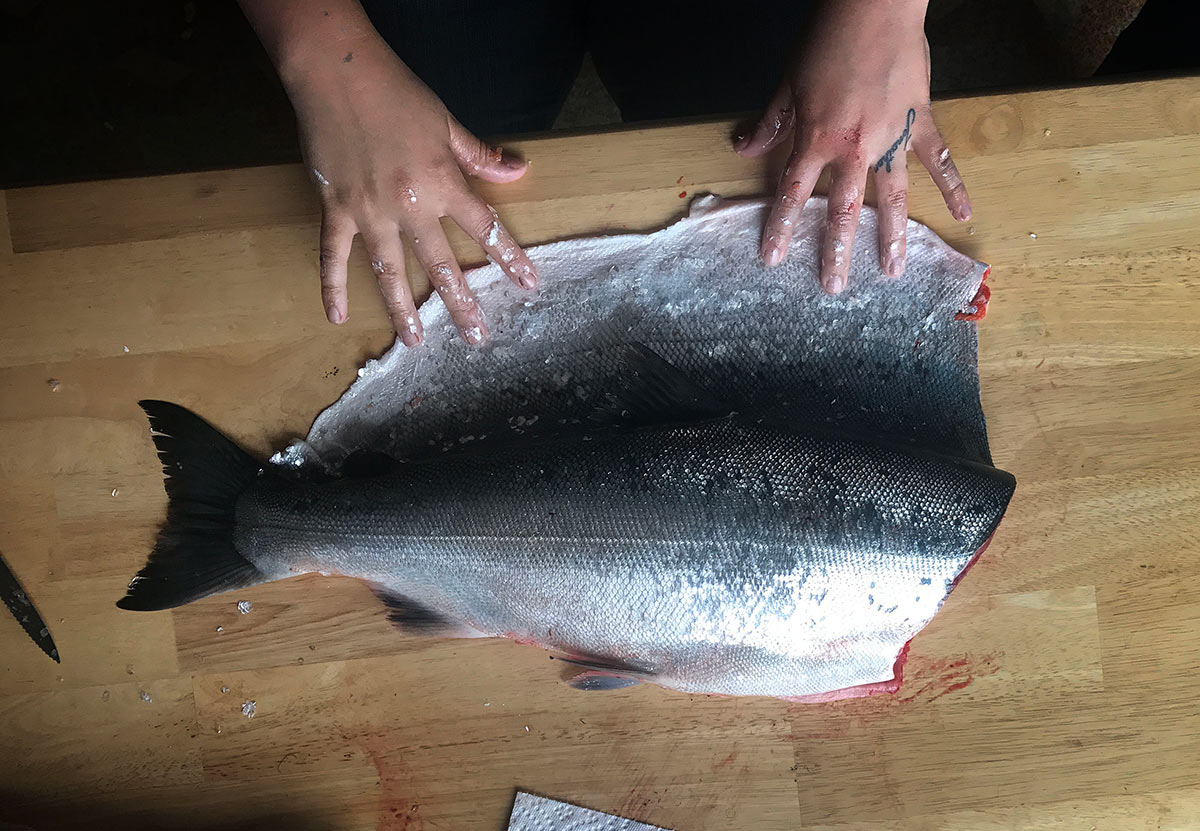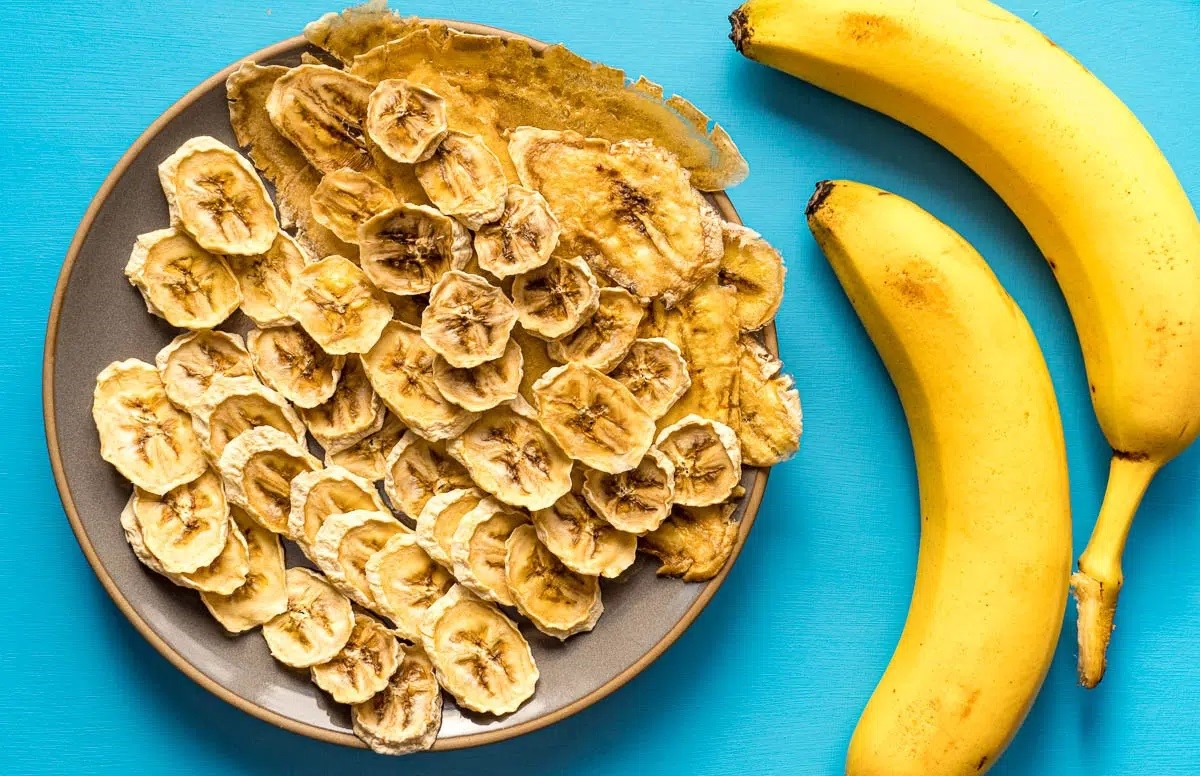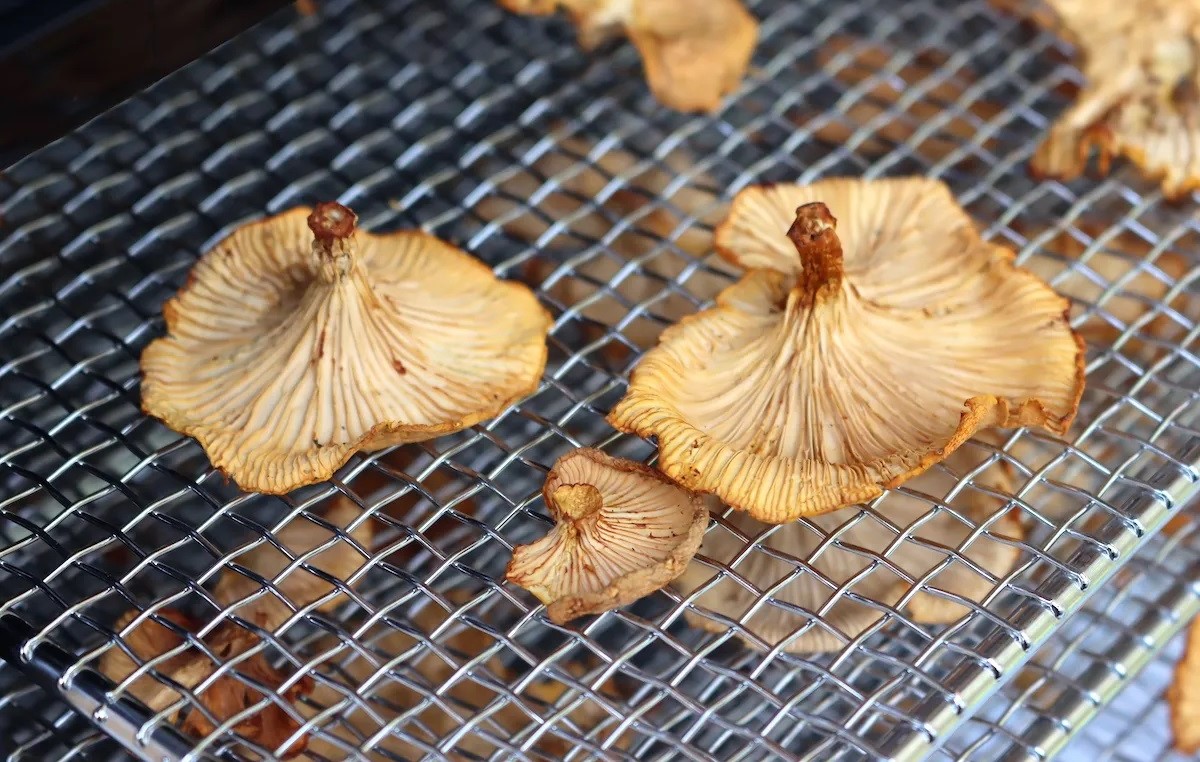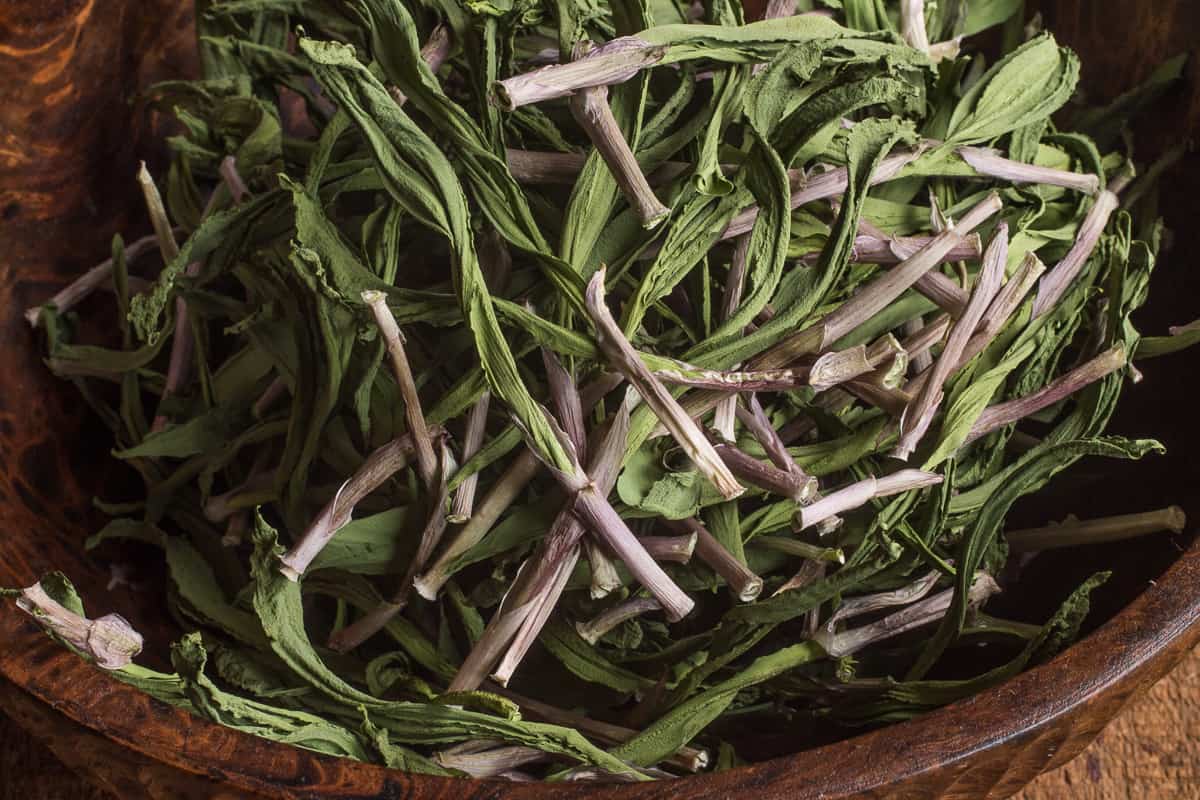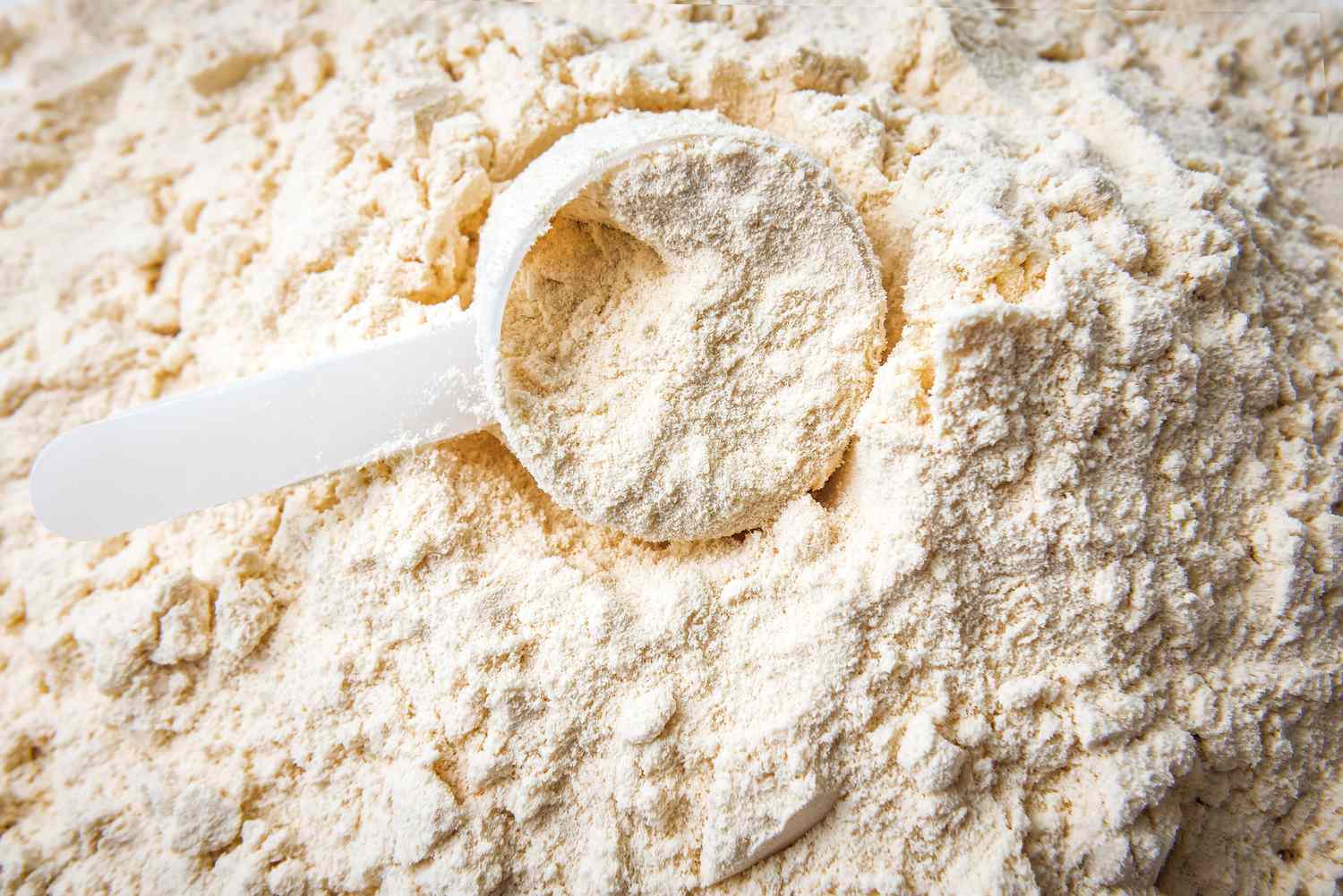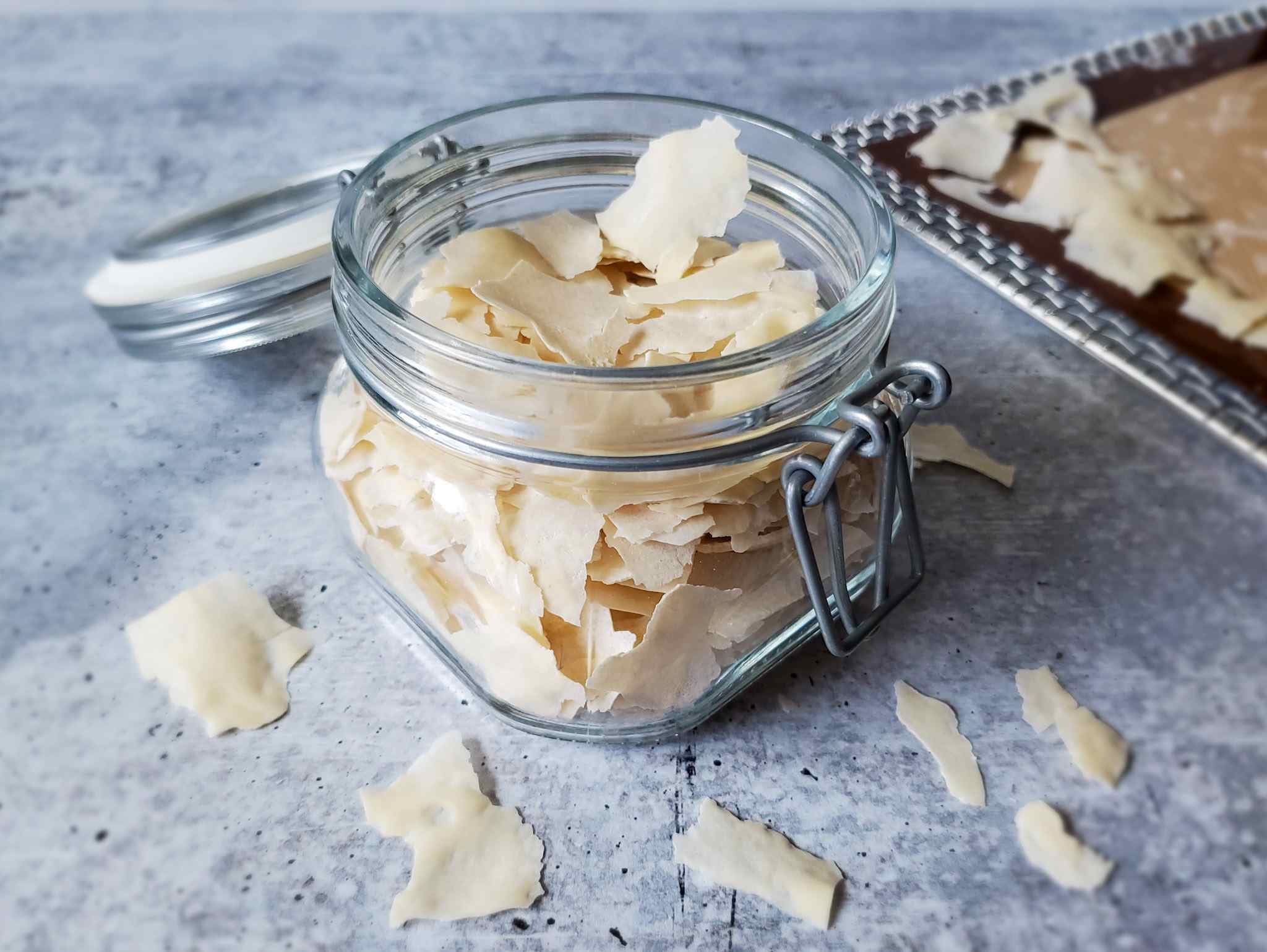Dehydrating Sunchokes: A Delicious and Nutritious Snack
Are you looking for a new way to enjoy sunchokes? Dehydrating them is a fantastic option that not only preserves their flavor but also creates a convenient and nutritious snack. Sunchokes, also known as Jerusalem artichokes, are a versatile root vegetable that can be enjoyed in many different ways. Dehydrating sunchokes allows you to enjoy their unique flavor and nutritional benefits for an extended period of time. In this article, we’ll explore the process of dehydrating sunchokes so you can enjoy this delicious snack at home.
Why Dehydrate Sunchokes?
Dehydrating sunchokes offers several benefits. Not only does it prolong their shelf life, but it also creates a convenient and portable snack that can be enjoyed on the go. Dehydrated sunchokes retain their nutritional value, making them a healthy alternative to processed snacks. Additionally, dehydrating sunchokes is a great way to reduce food waste by preserving excess harvests for later use.
How To Dehydrate Sunchokes
Dehydrating sunchokes is a simple process that can be done with a food dehydrator or in an oven. Here’s a step-by-step guide to dehydrating sunchokes at home:
- Wash and Scrub: Start by thoroughly washing and scrubbing the sunchokes to remove any dirt or debris.
- Slice the Sunchokes: Use a sharp knife or mandoline slicer to slice the sunchokes into thin, uniform pieces. This will ensure even drying.
- Blanch (Optional): Some people prefer to blanch the sunchokes in boiling water for a few minutes before dehydrating to preserve their color and nutrients.
- Arrange on Dehydrator Trays: Place the sliced sunchokes in a single layer on the dehydrator trays, leaving space between each slice for air circulation.
- Dehydrate: Set the dehydrator to a temperature of around 125°F (52°C) and allow the sunchokes to dehydrate for 8-12 hours, or until they are completely dry and crisp.
- Check for Dryness: To ensure the sunchokes are fully dehydrated, remove a few slices and allow them to cool. They should be crispy and snap when broken. If they are still soft or pliable, continue dehydrating.
- Cool and Store: Once the sunchokes are fully dehydrated, allow them to cool to room temperature before transferring them to an airtight container for storage.
Ways to Enjoy Dehydrated Sunchokes
Once you’ve successfully dehydrated your sunchokes, there are many ways to enjoy this delicious snack:
- Snack: Enjoy dehydrated sunchokes on their own as a crunchy and flavorful snack.
- Add to Trail Mix: Mix dehydrated sunchokes with nuts, seeds, and dried fruits for a homemade trail mix.
- Salads: Add dehydrated sunchokes to salads for a unique crunch and flavor.
- Soup Toppings: Crumble dehydrated sunchokes on top of soups for added texture and taste.
Conclusion
Dehydrating sunchokes is a simple and rewarding process that allows you to enjoy this nutritious root vegetable in a whole new way. Whether you’re looking for a healthy snack or a convenient way to preserve your harvest, dehydrated sunchokes are a fantastic option. Try dehydrating sunchokes at home and discover the delicious and nutritious benefits of this unique snack!
For those looking to put their dehydrating skills to the test, a great starting point is the Sunchoke and Nut Trail Mix. This simple yet flavorful recipe will introduce you to the versatility of dehydrated sunchokes. Another highly recommended dish is the Dehydrated Sunchoke and Herb Salad Topping, which adds a delightful crunch and an earthy flavor to any salad. For a more elaborate meal, try the Sunchoke-Crusted Salmon; the dehydrated sunchokes create a unique crust that pairs beautifully with the fish. And for something a bit different, the Sunchoke and Mushroom Risotto offers a creamy and rich dish with the added depth of dehydrated sunchokes. Each of these recipes showcases different ways to use dehydrated sunchokes, making them perfect choices to practice and perfect your dehydration technique.
Was this page helpful?
Read Next: How To Dehydrate Strawberrys In Oven

